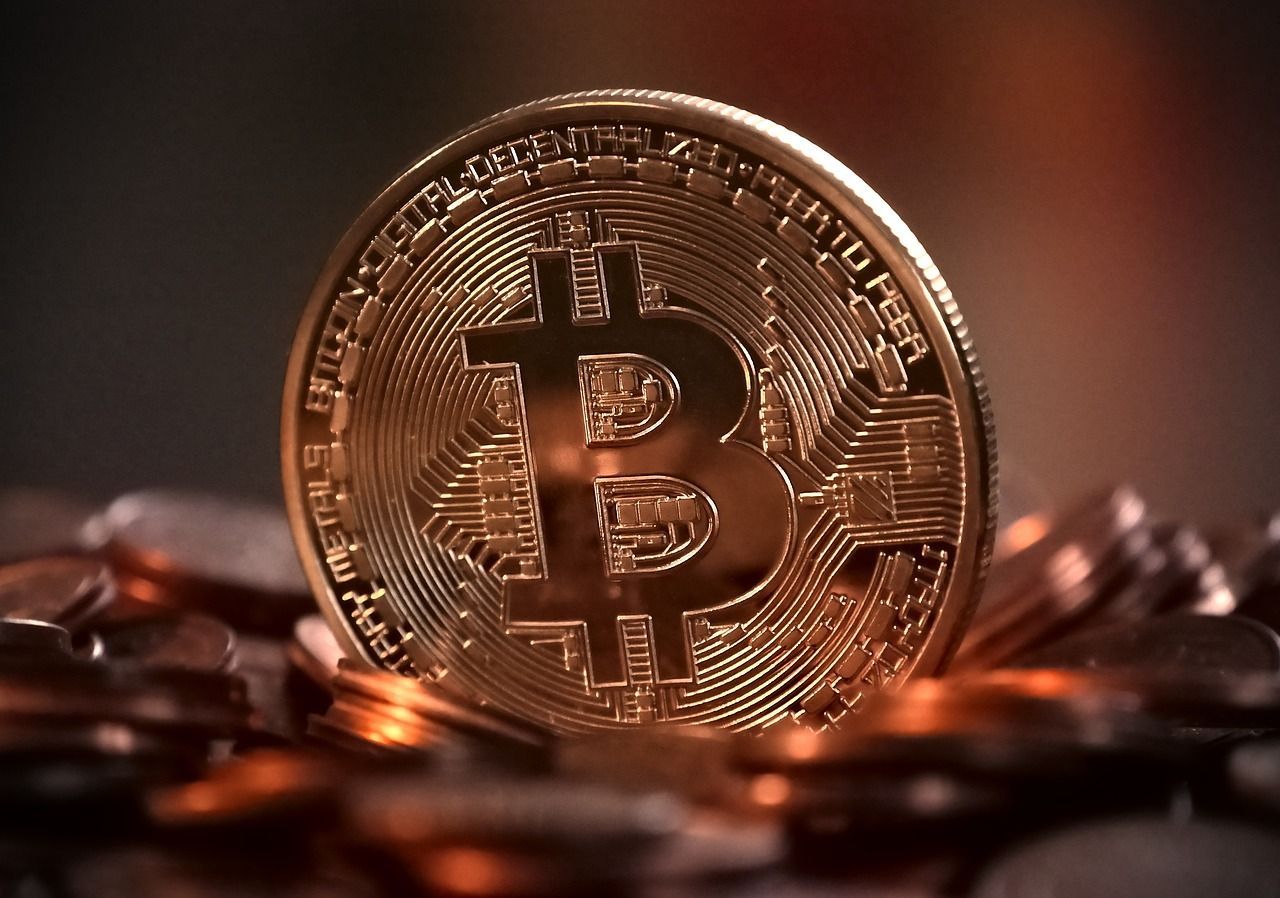El Salvador continues to defy global financial norms by expanding its Bitcoin reserves, adding 11 BTC to its holdings despite pressures from the International Monetary Fund (IMF).
The purchase, valued at nearly $1 million, reflects the Central American nation’s persistent alignment with cryptocurrency as a pillar of its economic policy.
This latest purchase brings El Salvador’s Bitcoin holdings to approximately 6,022 tokens, worth around $572 million.
The strategy raises questions about the nation’s long-term economic stability and its capacity to balance crypto ambitions with global financial obligations.
Source: Coinpedia
El Salvador’s evolving Bitcoin strategy
El Salvador has pursued a consistent Bitcoin acquisition strategy since early 2024.
In February, its reserves stood at 2,381 BTC, which grew sharply to 5,689.7 BTC by mid-March.
Over time, the government has nearly tripled its holdings, accelerating purchases even amid economic challenges.
The adoption of Bitcoin as legal tender, introduced in 2021, was seen as revolutionary but has drawn significant scrutiny from global financial institutions.
The recent acquisition highlights El Salvador’s unwavering belief in Bitcoin’s long-term potential, despite price volatility and criticisms from international observers.
President Nayib Bukele’s administration has framed these purchases as a mechanism to diversify national reserves and attract foreign investment, while critics argue the policy increases exposure to high-risk assets.
IMF conditions test El Salvador’s Bitcoin resolve
El Salvador’s Bitcoin strategy comes under increasing pressure from the IMF, following the approval of a $1.4 billion loan aimed at stabilising the country’s struggling economy.
The agreement is contingent on several conditions designed to reduce reliance on cryptocurrency.
The IMF has stipulated that Bitcoin acceptance must be made optional for private businesses, challenging the nation’s legal mandate for crypto adoption.
It calls for the closure of Chivo, the government-backed digital wallet, the removal of Bitcoin as a tax payment method, and the reduction of public sector involvement in cryptocurrency-related activities.
These conditions directly counter El Salvador’s crypto-centric policies and signal international scepticism about the country’s ability to balance economic stability with digital currency investments.
While the IMF’s demands seek to mitigate risks associated with Bitcoin’s volatility, they threaten to undermine El Salvador’s broader vision of becoming a global crypto hub.
Navigating economic uncertainty through Bitcoin
El Salvador’s economy remains precarious, with the government seeking $3.5 billion in financial aid from institutions including the World Bank and the Inter-American Development Bank.
Amid this uncertainty, Bitcoin has become both a symbol of sovereignty and a financial experiment.
The government claims its Bitcoin investments are a hedge against inflation and a catalyst for financial inclusion, but critics argue the approach exacerbates existing vulnerabilities.
While the country’s growing reserves suggest confidence in cryptocurrency, the economic benefits remain ambiguous.
The use of Bitcoin has yet to achieve widespread adoption among citizens, and concerns about misuse, infrastructure costs, and market instability persist.
El Salvador’s experiment highlights the tension between embracing innovation and adhering to traditional financial structures.
Its ongoing Bitcoin purchases, despite IMF conditions, position the nation as a unique case study in the intersection of digital assets and national policy.
The post Why is El Salvador defying the IMF to buy more Bitcoin despite economic challenges? appeared first on Invezz


